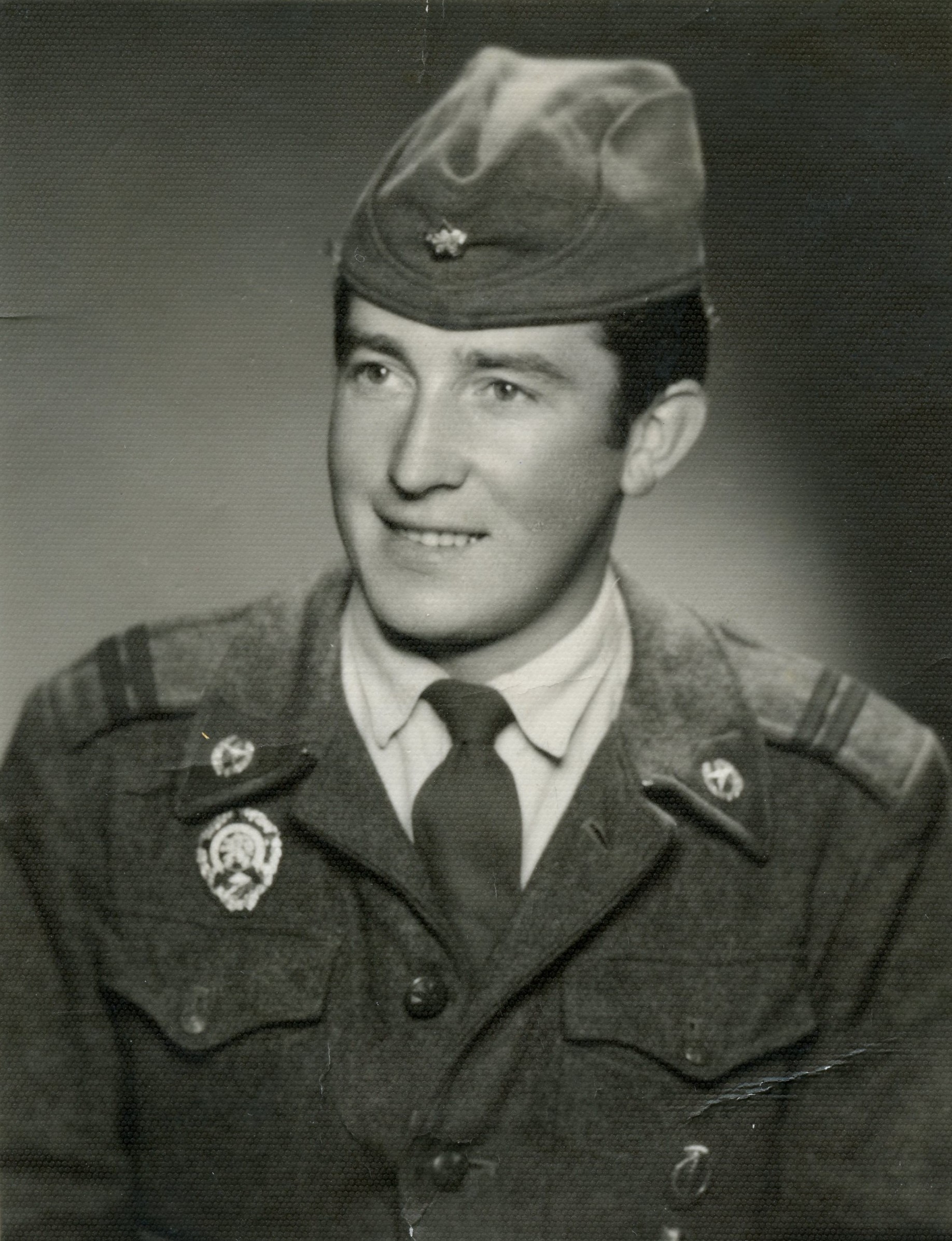The communists even took my pocket change

Download image
Květoslav Mocek was born in Otice near Opava on 28 July 1939 to Marie Mocková and Bohumil Mocek, into a farming family who faced severe oppression grom the communist regime after the war. His father initially joined a cooperative (JZD) but left soon and farmed privately. For this, he was imprisoned, his mother assaulted, their property confiscated, and the family persecuted. By age 14, Květoslav was working as a cart driver, helping his parents on the farm. Before and after his military service (as a dog handler), he farmed and pursued his passion for horses. By late 1950s, he had to take them to the slaughterhouse as machines replaced animal labour. In 1967, he co-founded a riding club in Otice, which gained respect beyond the region thanks to its own breeding and hard work. His greatest success was his horse Simon winning the Grand Pardubice Steeplechase in 1980. Despite the club’s international reach and fame, its leadership was disinteresed, and everything the witness with others had built disintegrated after 1989. He publicly voiced his disappointment with the post-1989 privatisation. Květoslav Mocek lived in Otice and was still keen on horse racing at the time of the filming in 2025.



































